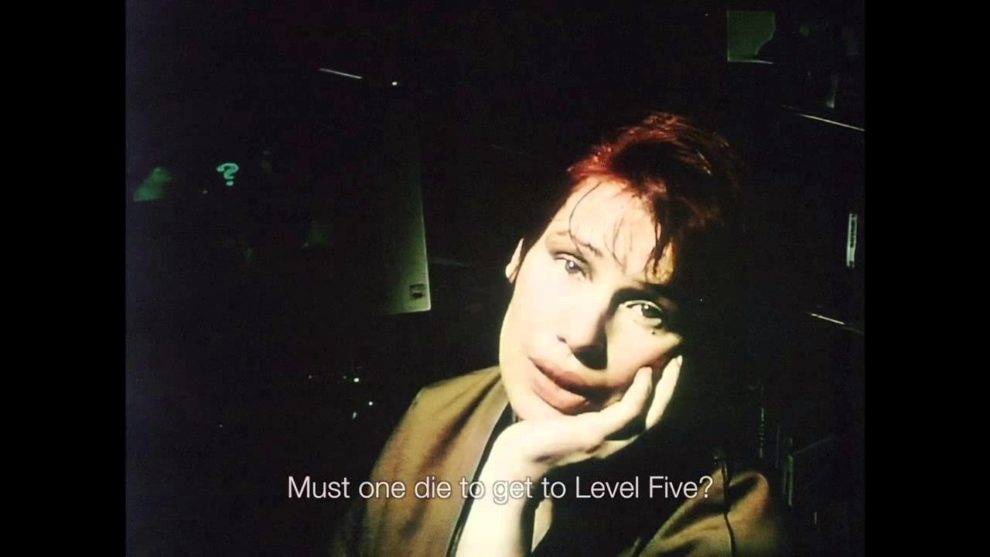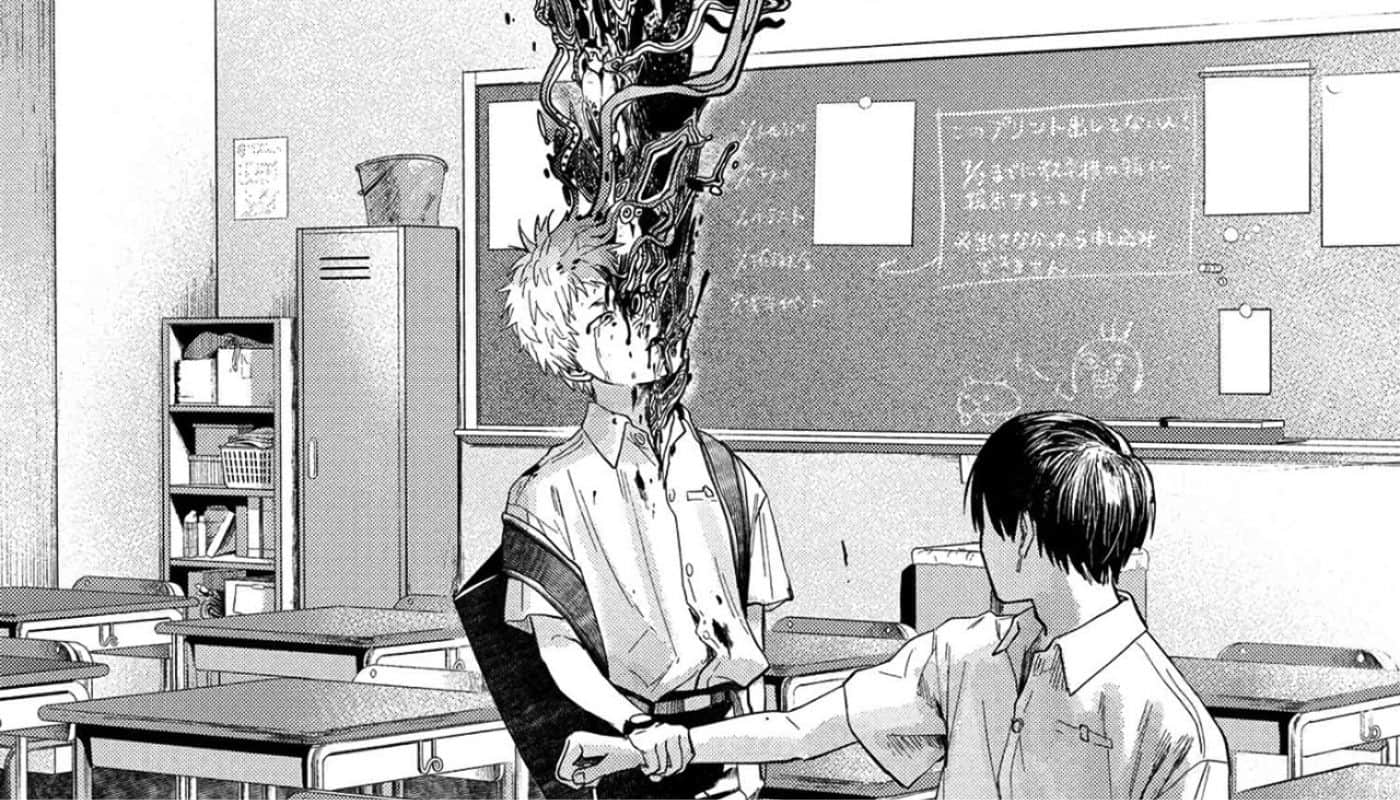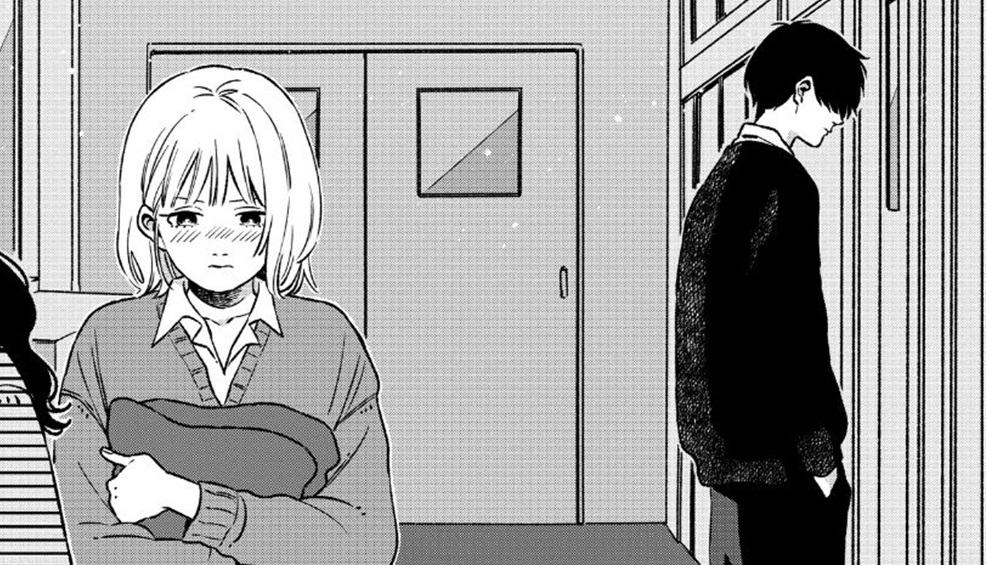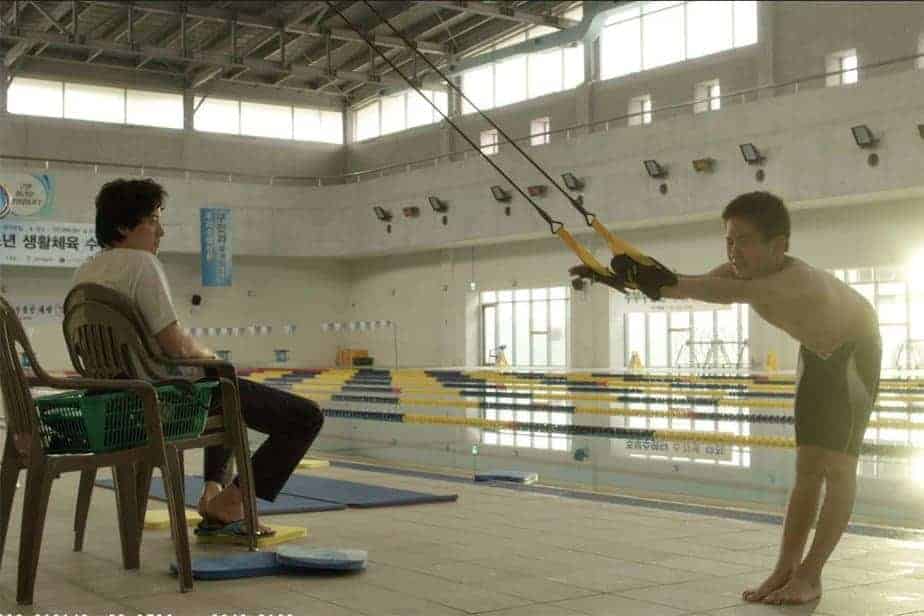While the way history is connected to our lives is for most of us abstract and bound to the few times we visit a museum, watch a documentary on TV or share a few moments of contemplation, the links are often too complex to truly fathom. Even though there is no denying its impact, there are many cultures and systems which take a different stance to their past, silence those who speak about it or omit certain details that may violate a nation's self-image. Throughout his career, French filmmaker Chris Marker has dedicated his many features to the subject of time, how it shapes us and the world we live, along with the concepts of individual and cultural narratives. In works such as “La Jetée”, “A Grin Without a Cat” and “Sans Soleil”, arguably his best work, he has explored ways to highlight these connections and concepts, using a unique and creative audiovisual approach. In the late stage of his career, he developed a keen interest in digital technology, how it will change our lives and ultimately shape the aforementioned narratives, and directed “Level Five”, a multimedia experiment referring to the Battle of Okinawa, among other topics.
Level Five is screening at Japan Society
As with many of Marker's works, “Level Five” blends elements of documentary and fiction, as the first part centers around Laura (Catherine Belkhodja), a widow, whose late husband was a famous video game programmer. His latest game is a reconstruction of the Battle of Okinawa, the last battle of World War II, which not only re-tells the story of the battle itself, but also enables the player to alter the course of history. Since the project is unfinished, she attempts to do so, but finds herself overwhelmed by the task as well as her grief, which is re-invigorated with the experience of working on her husband's final project.
Meanwhile, her friend, filmmaker Chris Marker (who is also the narrator for the second part) travels to Okinawa, interviewing several people on the memory of the great battle and how it is preserved within the island's populace. What he finds paints a very problematic, at times eyeopening image surrounding the idea of collective memories and stories.
Similar to “Sans Soleil” and his other works, “Level Five” is more of a cinematic essay which utilizes the elements of feature and documentary filmmaking. Right at the beginning, when Marker refers to the invention of cyberspace and author William Gibson, who famously coined the phrase, the fascination with that new world becomes just as evident as the critical voices, highlighting concerns which have now become all the more relevant. With the concept of the game, and its idea of re-shaping history and changing it within the confinements of the virtual world, Marker highlights issues such as the danger of the filter bubble or the conflict between individual and collective narrative, many aspects that now define the age of digitization and social media. Laura herself emphasizes how she and her husband used to become too encapsulated in the terminology of the game itself, her sorrow for her loss is just as apparent as a tendency to perhaps even escape reality to some extent, or maybe even the wish to mend it.
On the second level, Marker takes a look at the cultural and historical narrative. The parts of “Level Five” which take place in Okinawa, capturing various street scenes, archival footage as well as interviews with people, are defined by a unique approach, combining various visual and auditive layers. Although enigmatic at first, Marker's editing finds an equivalent to the way history blends into the daily lives of people, shapes their interactions and their culture. At the same time, there is an obvious disconnect with the nature of the footage and the way history is perceived and preserved in Okinawa (or Japan in general), omitting certain facts or downright ignoring important elements, perhaps evident most notably in the scenes showing a visit to a museum.
In conclusion, “Level Five” is an interesting, thought-provoking essay on the nature of memory, collective and individual narratives. Chris Marker proves his talent as the “editing wunderkind”, as he is called in the film itself, and finds a brilliant approach for ideas and concepts which have now become all the more relevant.















